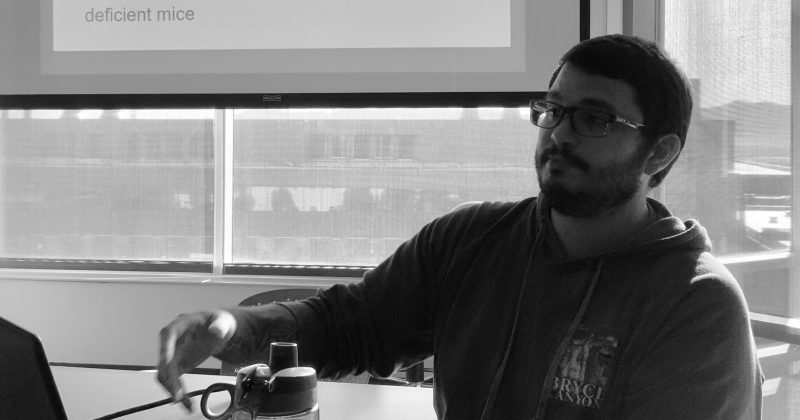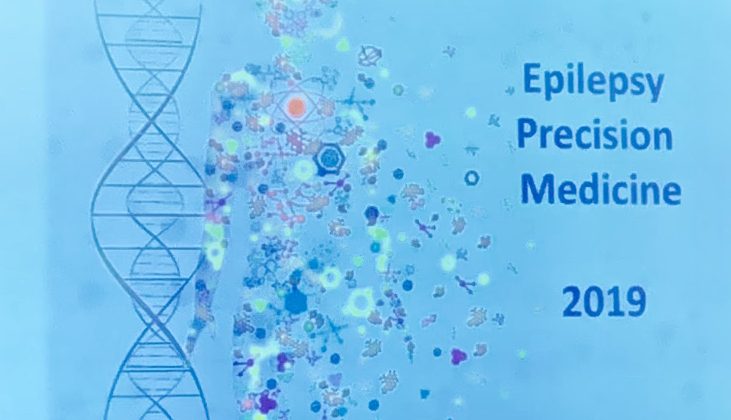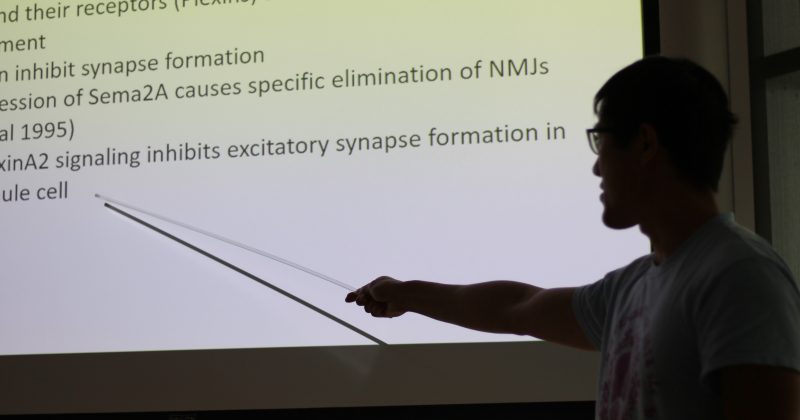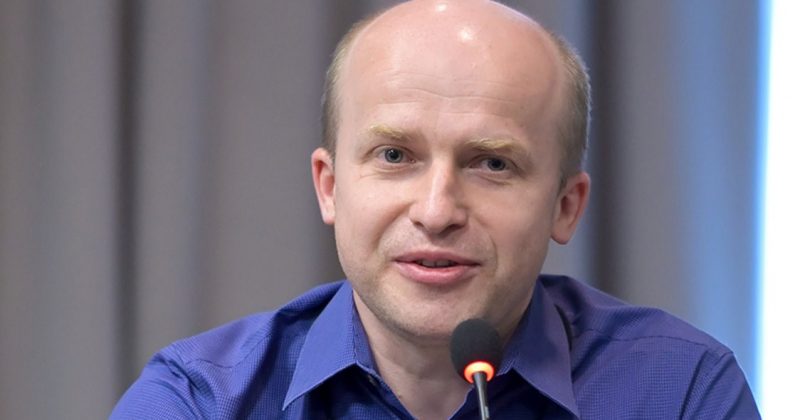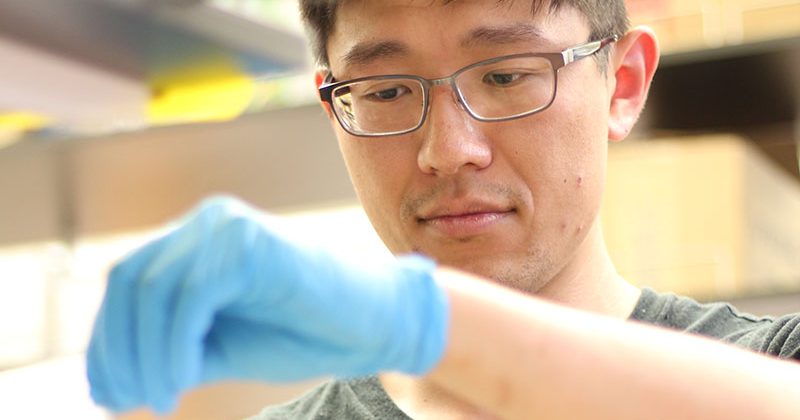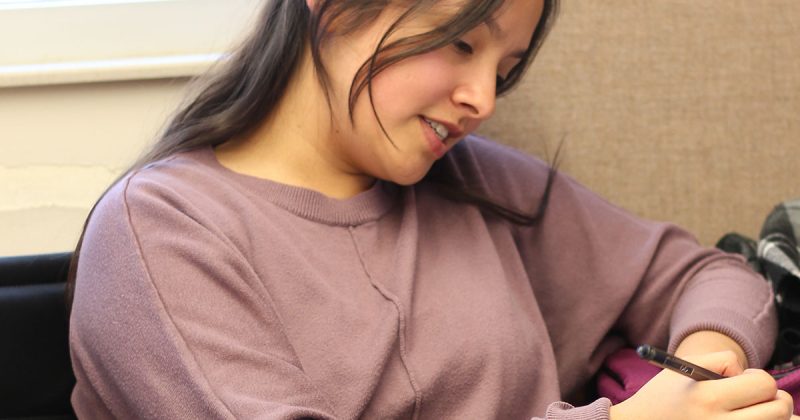We are looking for a postdoc interested in studying human stem cell-derived neurons and organoids from patients with different developmental disorders.
A postdoctoral position is available in the Shcheglovitov Lab at the University of Utah to study the biochemical and functional properties of human neurons and organoids derived from patient-specific and CRISPR/Cas9-engineered induced pluripotent stem cells for modeling autism, intellectual disability, and epilepsy. We particularly invite applications from ambitious, exquisite, and motivated individuals with substantial neuroscience-related experience in molecular biology, biochemistry, physiology, or imaging.
The work in our lab is currently centered around two NIH-funded research projects:
Project 1: Cellular and molecular mechanisms disrupted in 22q13 deletion syndrome and autism. We previously demonstrated that SHANK3-deficient human cortical neurons derived from induced pluripotent stem cells (iPSCs) acquired from 22q13 deletion syndrome patients with autism and intellectual disability have severely impaired excitatory synaptic transmission (Shcheglovitov et al., Nature 2013). However, the cellular and molecular mechanisms responsible for the development of these deficits remain unknown. The main...
